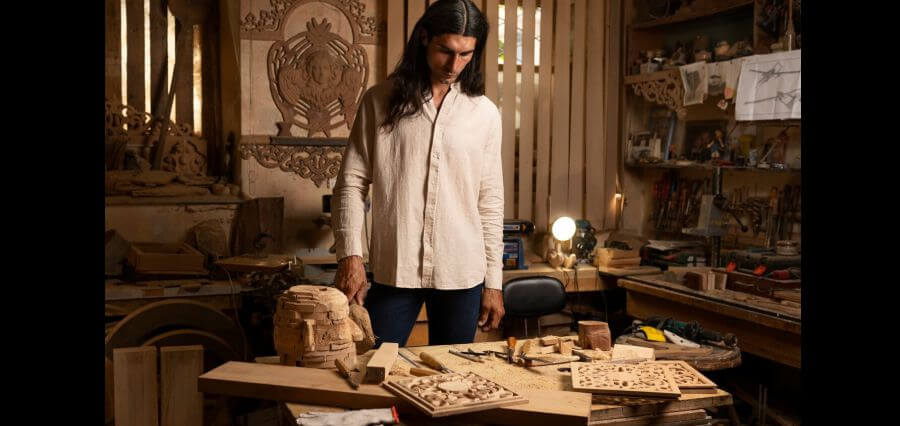Unearthed Roman Dodecahedron: Is Archaeology a Profitable Business Opportunity?

The allure of traveling the world in search of lost treasures is a romantic notion that has been glamorized by the entertainment industry. Recent discoveries like the rare Roman dodecahedron in England and the sandstone Buddha statues in Cambodia have sparked interest in archaeology as a potential lucrative business venture.
However, the reality of archaeology is far from the adventurous portrayals seen in movies like Indiana Jones or Tomb Raider. True archaeological work involves meticulous research, documentation, and analysis of historical artifacts. The painstaking efforts of real-life archaeologists like Howard Carter and Hiram Bingham III, whose discoveries inspired iconic films, are a far cry from the action-packed adventures depicted on screen.
In the iGaming sector, the theme of hunting for lost treasures is also popular, with games like the Book of Dead series by Play’n GO featuring fictional adventurer Rich Wilde embarking on thrilling expeditions to uncover ancient artifacts.
Despite the allure of uncovering rare objects and ancient relics, the financial rewards for archaeologists are relatively modest. Most archaeologists are employed by institutions or government agencies and are not able to profit from the valuable items they discover during excavations. Salaries in the field are typically lower than other professions requiring similar levels of education and experience.
According to the US Bureau of Labor Statistics, the field of archaeology is projected to have a modest growth rate of 4.2% in the coming years, with advancements in technology like artificial intelligence potentially reshaping the industry. However, the impact of technology on job opportunities in archaeology remains uncertain.
Recent auction sales of rare archaeological finds, like the Roman dodecahedron, highlight the challenges of turning archaeological discoveries into profitable business ventures. While some objects may fetch high prices at auction, the process of excavating, researching, and preserving historical artifacts is often a labor-intensive and time-consuming endeavor that may not yield significant financial gains.
While the field of archaeology offers non-monetary benefits like travel opportunities and the preservation of cultural heritage, it may not be the most lucrative business idea for those seeking to make a fortune. For many, the fascination with archaeology lies in the romanticized depictions seen in movies and television, rather than the realities of the profession.




